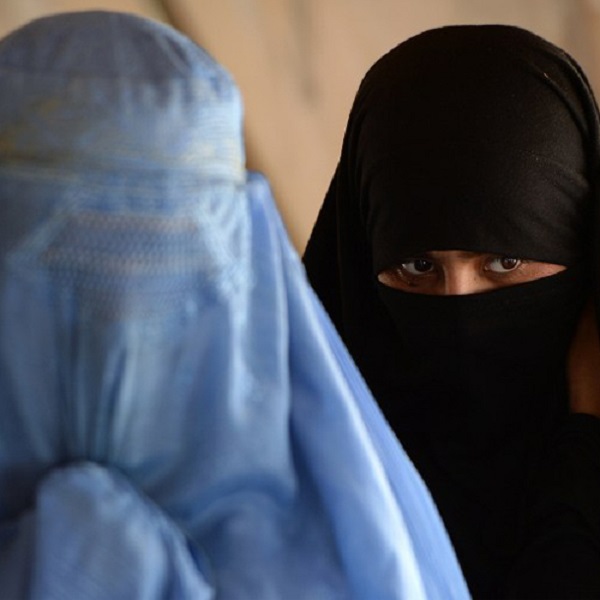The recent decision by the French Senate to ban the burqa is emblematic of a significant cultural shift within a nation that has long prided itself on secularism and individual freedoms. This legislative alteration has ignited fervent debates across the political landscape, signaling a potential transformation in societal norms surrounding religious expression in public life.
Historically, France has woven the principles of laïcité—state secularism—into the very fabric of its national identity. This philosophy upholds the separation of church and state, protecting citizens from religious coercion while simultaneously bolstering the idea of a cohesive national community. Supporters of the ban argue that it reinforces these principles, fostering an environment where religious symbols, particularly those that denote gender segregation, become obsolete in public spheres.
However, the ban has not come without contention. Opponents assert that such restrictions infringe upon personal liberties, framing the legislation as an affront to the rights of women who choose to wear the burqa as an expression of their faith. This dichotomy raises pressing questions about the boundaries of freedom and the nature of consent. Does the imposition of a secular dress code enhance women’s rights, or does it undermine their autonomy by dictating their modes of expression?
Moreover, the implications of this ban extend far beyond the immediate impact on attire. As France grapples with its identity amidst rising multiculturalism and increasing immigration, the act of criminalizing specific garments can exacerbate societal divisions. It may inadvertently alienate Muslim communities, fostering an environment of mistrust and suspicion that could hinder social cohesion. The dialogue surrounding this ban invites a broader reflection on how France views integration and national identity.
In addition to fostering a reconsideration of inclusion and spiritual expression, the Senate’s decision prompts inquiries into the symbolic nature of garments in societies. Clothing, after all, serves as a powerful marker of individuality, cultural tradition, and religious adherence. By constraining the choices available to individuals, the state may paradoxically amplify the relevance of those very identities it seeks to diminish.
As reactions continue to unfold, it is crucial to observe the ramifications of this legislative move on the fabric of French society. Will it catalyze a more profound discourse on the intersectionality of freedom, gender, and religious tolerance? Or will it lead to further fragmentation, ensconcing communities in a cycle of alienation? The answers to these questions remain elusive but are crucial in determining France’s evolving narrative in the context of global dialogues on secularism and religious freedom.
